For some people, playing the piano is more than just a hobby. It’s a central part of their lives.
Does that describe your relationship with your piano?
Does it sit center stage in your family room? Have your kids all learned to play? Do you sit down at the keyboard to lose a little stress? Does your entire family gather around for sing-a-longs on a regular basis?
Piano isn’t just a hobby. It’s a way of life for some people.
But maybe you’ve upgraded your home, and you’ve decided it’s time to upgrade your piano as well.
As much as you’ve loved your starter piano, it’s time for something grander. Possibly a baby grand. You’ve always pictured a sleek baby grand becoming the center of your new music library.
Who do you trust?
Thanks to the internet, you can do as much research as you want. You can find individuals trying to sell off their own pianos. You can find dealers in your local area, promising they can make you a deal and get you the piano of your dreams. Who do you trust?
If you don’t live in Memphis, why would you even look at a piano dealer who resides in Memphis? Shouldn’t you look a little closer to home?
Maybe not. We’ve been in the business for decades. We don’t just know a thing or two about pianos; we live it, breathe it. We can help you find the right new piano, or hunt for the perfect used or vintage piano to suit your needs. Moving – we offer moving services. In need of piano tuning or restoration services? We can help there too. And if you have the perfect piano in mind – you know exactly what make or model you’re looking for – we can help locate it and ship it to you, no matter where you are.
Our business is pianos. You don’t have to be in Memphis to take advantage of our superior customer service. Just call; we’re ready to help you today.


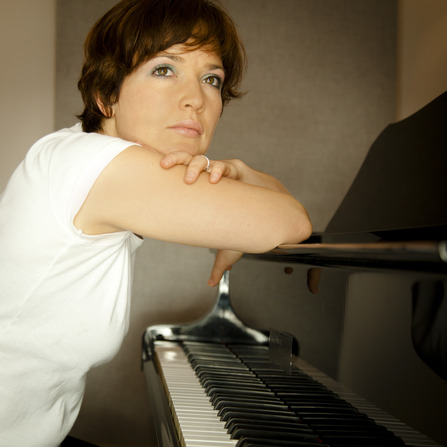 However, all used pianos are not equal.
However, all used pianos are not equal.
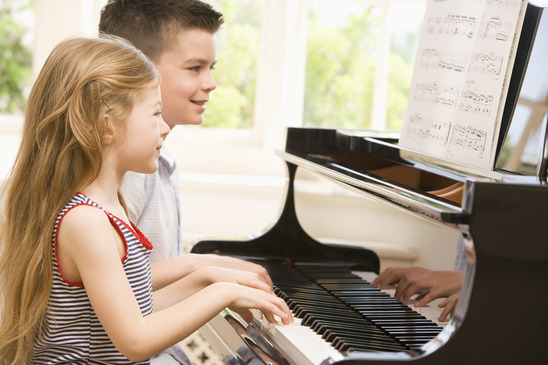 Buying a piano may sound easy enough – classified ads are often a go-to source for people searching for affordable, used instruments. However, a piano is different than a used flute or clarinet. A piano is an investment and should be treated as such.
Buying a piano may sound easy enough – classified ads are often a go-to source for people searching for affordable, used instruments. However, a piano is different than a used flute or clarinet. A piano is an investment and should be treated as such.
 Helping your child acquire the same appreciation for the piano involves more than just playing some music on your stereo. Teaching your child to play the piano is the ideal way to make him/her grow to love the piano. If you are thinking about investing in piano lessons for your child, here are 10 secrets to help your child learn to love taking those lessons!
Helping your child acquire the same appreciation for the piano involves more than just playing some music on your stereo. Teaching your child to play the piano is the ideal way to make him/her grow to love the piano. If you are thinking about investing in piano lessons for your child, here are 10 secrets to help your child learn to love taking those lessons!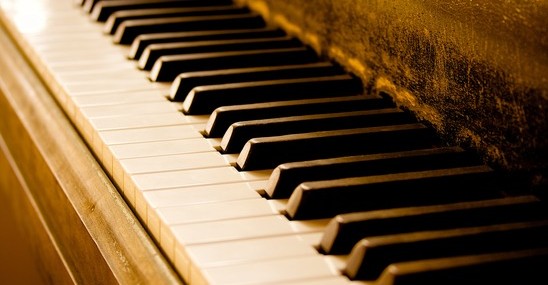
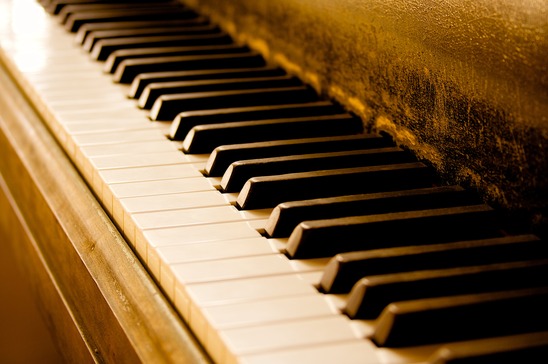 Ivory is a substance that comes from tusks of elephants and a few other types of animals, such as walrus. When ivory was considered a precious material used in all types of trade, including pianos, elephants were hunted down exclusively for their tusks. As the problem was exposed and the plight of the elephant came into consciousness, manufacturers quickly made the decision to change the materials used in production.
Ivory is a substance that comes from tusks of elephants and a few other types of animals, such as walrus. When ivory was considered a precious material used in all types of trade, including pianos, elephants were hunted down exclusively for their tusks. As the problem was exposed and the plight of the elephant came into consciousness, manufacturers quickly made the decision to change the materials used in production.
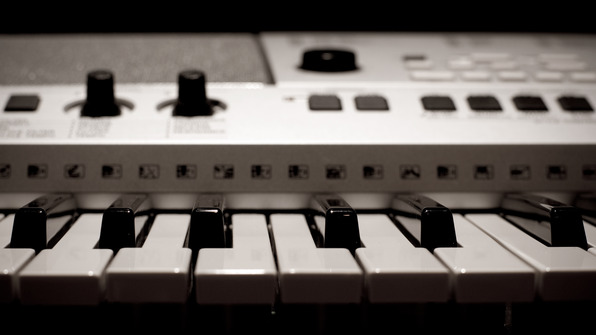 In today’s world, most of our activities have turned to technology. And in the case of pianos, technology has definitely made its influence.
In today’s world, most of our activities have turned to technology. And in the case of pianos, technology has definitely made its influence.

 When it comes to your child’s schedule, you have many decisions about how they should spend their time. So, why should you choose to put your child in piano lessons?
When it comes to your child’s schedule, you have many decisions about how they should spend their time. So, why should you choose to put your child in piano lessons?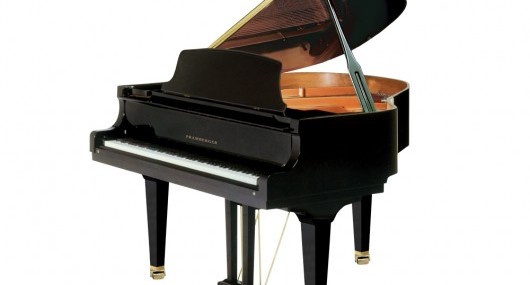
 2. One of the most famous pianos is a Steinway. Steinway & Sons was started in 1853 by Engelhard Steinweg and his three sons – who later Americanized his name to Henry Steinway as a way to compete in the American marketplace. There are currently six Steinways in the Smithsonian collection.
2. One of the most famous pianos is a Steinway. Steinway & Sons was started in 1853 by Engelhard Steinweg and his three sons – who later Americanized his name to Henry Steinway as a way to compete in the American marketplace. There are currently six Steinways in the Smithsonian collection.
